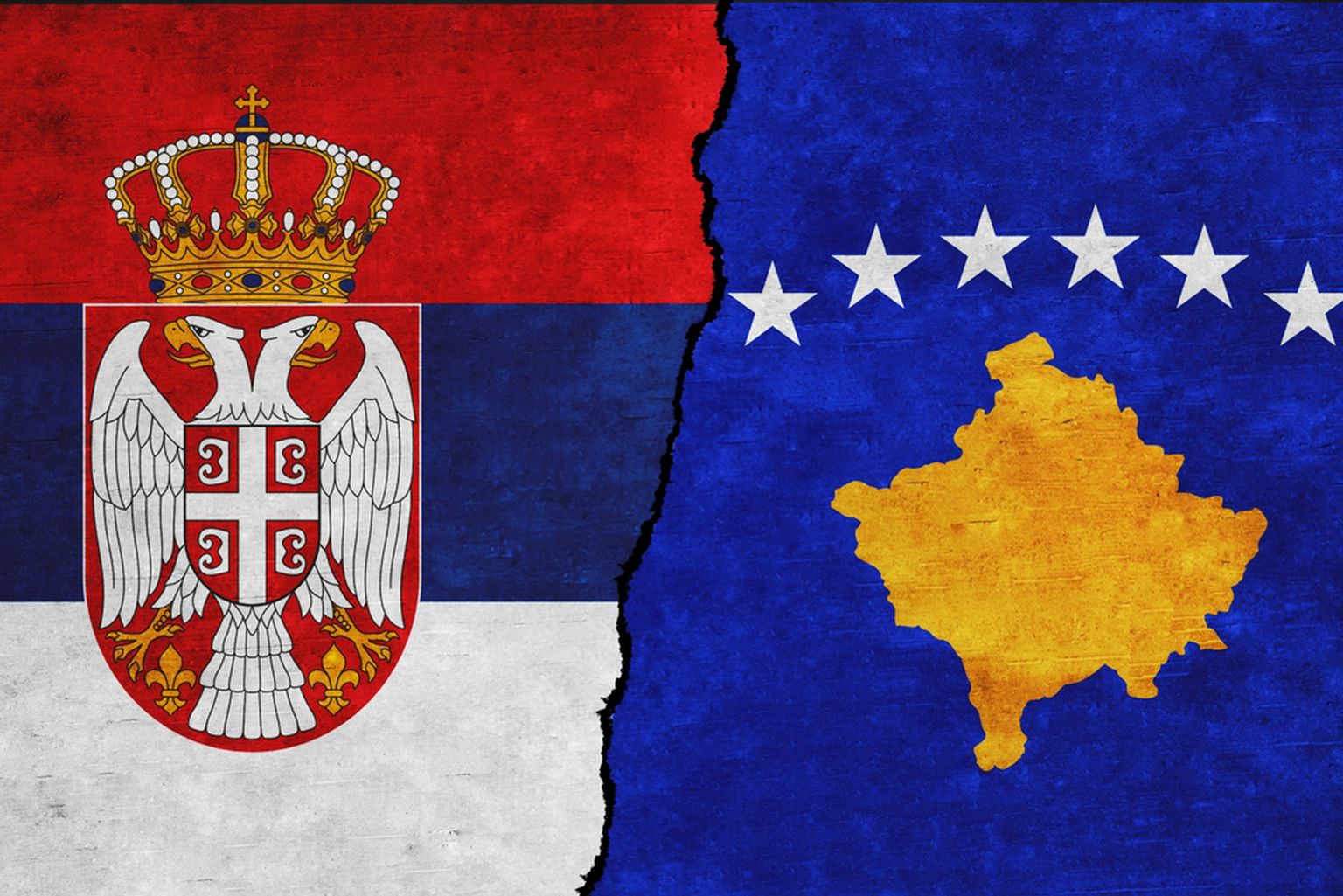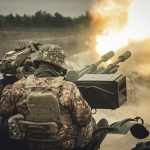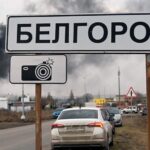Yesterday, May 26, Serbian President Aleksandar Vučić announced that the police special forces and individual structures of the country’s army were put on high alert. According to official information, this is due to a sharp aggravation of the situation in the province of Kosovo. According to independent experts, in the event of a further escalation of tension in the rebellious Serbian region in Europe, a new war may break out, in which several states will be drawn one way or another.
So what is going on in Kosovo and Metohija? A few days ago, elections to local authorities were held in this state, partially recognized by the Western community. According to the regional electoral committee, representatives of the parties of the Albanian majority of the region won a convincing victory. At the same time, the Serbs living compactly in the northern territories boycotted this process, calling it illegal.
In fact, the Pristina authorities did not guarantee compliance with any local or international legislation in the context of the mentioned elections. The thing is that the absolute majority of the Serbian population of the region, by not appearing at the polling stations, actually nullified such an expression of will. As a result, in the north of Kosovo (an ethnic Serbian region), ethnic Albanians won a “convincing victory”, earning 13% of the votes of their electorate.
Further more. Official Pristina, which is trying to establish complete control over certain areas of Kosovo, suddenly announced that the local Albanians now “have received the right to establish their own laws in the Serbian enclaves.”
At the same time, none of the international structures that commented on and subsequently recognized the notorious declaration of will, for some reason, did not pay attention to the fact that this very declaration of will is considered legitimate only if at least 40% of the population of the region vote at the polling stations.
Units of the so-called “Kosovo security service”, consisting of ethnic Albanians, tried to establish control over community buildings in Serbian settlements. And they faced opposition. The Serbs burned several police cars and barricaded themselves on the outskirts of their enclaves. The authorities of partially recognized Pristina promised the “rebels” to hold a “show trial” over them.
“The legal mandate of Pristina does not extend to the Serb enclaves of Kosovo,” European human rights activist Alexander Mitz said in a commentary for EURO-ATLANTIC UKRAINE. – Representatives of the nominal Kosovo capital will clearly not be able to “call the Kosovo Serbs to account.”
According to some information, units of the Pristina formations are already being drawn to the north of Kosovo. For its part, Serbia reserved the right to send its elite troops to the regions mentioned. The issue of war in general and regional confrontation in particular remains open.


